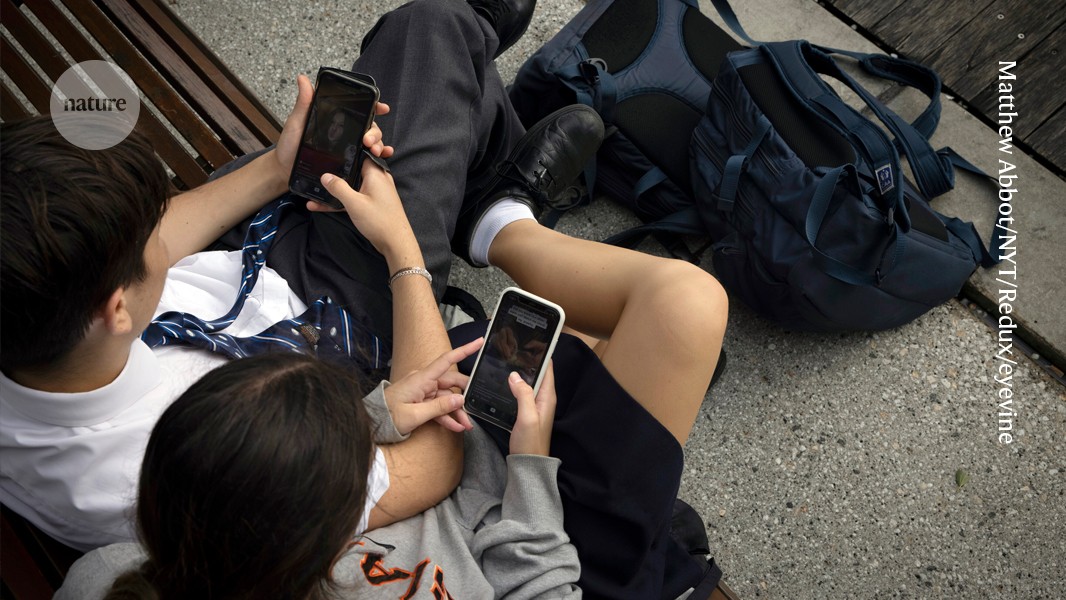
"In December, the Australian government will bring the Online Safety Amendment Act into force. The law will prevent people under 16 years of age from having accounts for a range of social-media platforms, including Instagram, Facebook, TikTok and YouTube. The legislation, introduced in response to concerns over children's online safety and well-being, provides a golden opportunity for researchers to investigate how social-media use might affect mental health among adolescents - a complex issue that has been the subject of heated debate."
"There's little time to plan and set up the ideal experiment. Assessing the mental-health status and Internet usage of tens of thousands of teenagers in Australia and comparator countries over time, before and after the legislation comes into force, is no mean feat. It would require substantial organization in schools, the recruitment of research staff, agreement about the research measures used and fast ethical review and parental consent, all of which takes many months."
"An as-yet-unnamed advisory committee and research partner have been established by the government to review the effect of the act, but to our knowledge there have been no official announcements about the responsibilities, leadership or research strategies they will adopt. We urge the committee to consider implementing each of the following three approaches. Track official records Hospital admissions records and coroners' reports can track the incidence of serious self-harm and suicides among adolescents before and after the introduction of legislation."
In December, the Australian government will bring the Online Safety Amendment Act into force, preventing people under 16 from holding accounts on Instagram, Facebook, TikTok and YouTube. The legislation creates an opportunity to investigate social-media effects on adolescent mental health. Organizing an ideal longitudinal experiment across tens of thousands of teenagers would require months for school coordination, staff recruitment, measure standardization, ethical review and parental consent. A government advisory committee and research partner have been established, but responsibilities and strategies remain unannounced. Hospital admissions and coroners' reports can track serious self-harm and suicide incidence nationwide and enable international comparisons; retrospective years of data are available.
Read at Nature
Unable to calculate read time
Collection
[
|
...
]